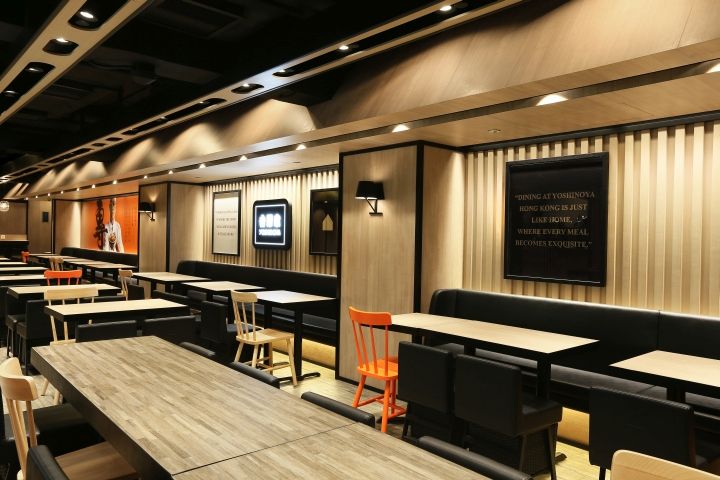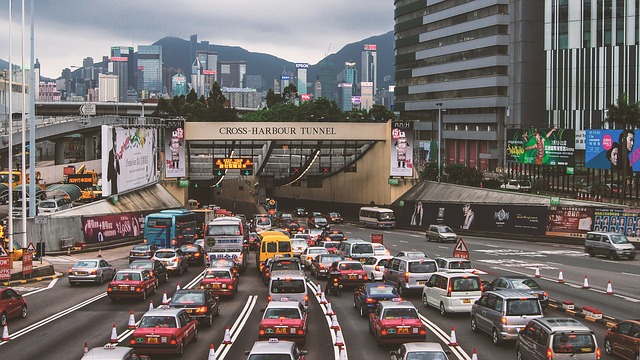We have all witnessed it. Heck, many of us probably do it regularly. Going to a fast food, secure a table, get in line and order food, enjoy the menu and abandon the table in a mess. Hong Kong’s fast paced lifestyle might be used as an excuse why customers just leave their plates and trays on the table for someone else to clean it up.
Certain diners might argue the restaurant is too crowded where it’s hard to move around or difficult to locate stations to place used trays and plates. But they are not enough reasons not to show respect to other people — both cleaning crew and the next customer.
Unless we are in a fancy high-end restaurant, we should clean up our mess after eating and before leaving the fast food table.
1. It helps the overworked restaurant staff.
Fast food joints typically employ fewer employees, which means the ratio between table and staff is high, thus we often observe that it takes a while for, say Yoshinoya or Cafe de Coral staff to attend to our requests such as extra bowl or hotpot burners. Fastfood service crew deliver food not immediately available upon payment at the counter, ensure availability of plate and table utensils, attend to customer needs such as high chairs for babies or send in the bill, clear trash bins, and many more. If customers only cleared up their tables and return their trays, that’s one less task for service crew to attend to.
2. It helps promote common courtesy.
In Hong Kong, common courtesy sometimes isn’t so obvious. Many people close the elevator door before you get in and don’t open the door before you. Failure to clean up our trays in restaurants is another sign of a society that’s more self-centered and less concern for others. Cleaning up our food trays and returning them to the rack may just be a small gesture of goodwill, but it also makes us feel good about ourselves, being able to help restaurant staff and fellow customers in the process.
3. Restaurant staff are not well-paid.
One lame excuse we hear about not return trays and leftover food is that the act might mean cleaners will lose their jobs as their tasks are being carried out by someone else. In reality, fast food outlets and restaurants could barely survive without these hardworking crew. And clearing up trays is only a small part of their list of tasks. Another reality is that they are among the lowest paid workers in the city, with the amount of work they have to do. That means that our cheap fast food order does not cover for the effort of cleaning the table.
4. Fast food outlets are meant to be self-service.
Unlike in restaurants where dish is served by waiters, bill comes to the table, and ad hoc requests such as menu list, glass of water, extra sugar or spoon and fork are handed over without us standing up, fast food joints are meant to follow a self-service routine. This means we have to go to the counter with out tray, order food and bring them over to our table. But the self-service gesture also extends after we have finished our meals. Clearing up our tables and returning our trays should also be part of it.
5. It helps promote food hygiene.
Fastfood staff may have multiple job descriptions and depending on pace of activity during busy hours, they might perform other tasks too. If service crew can only focus on certain tasks such as serving food, there is less risk of contamination coming from doing multiple things.
While such lifestyle can be difficult to change, especially when coupled with other list of excuses, it is not impossible to reverse the trend. Introducing this gesture of kindness is one way to cultivate a healthy, loving society that we all want Hong Kong to become.


